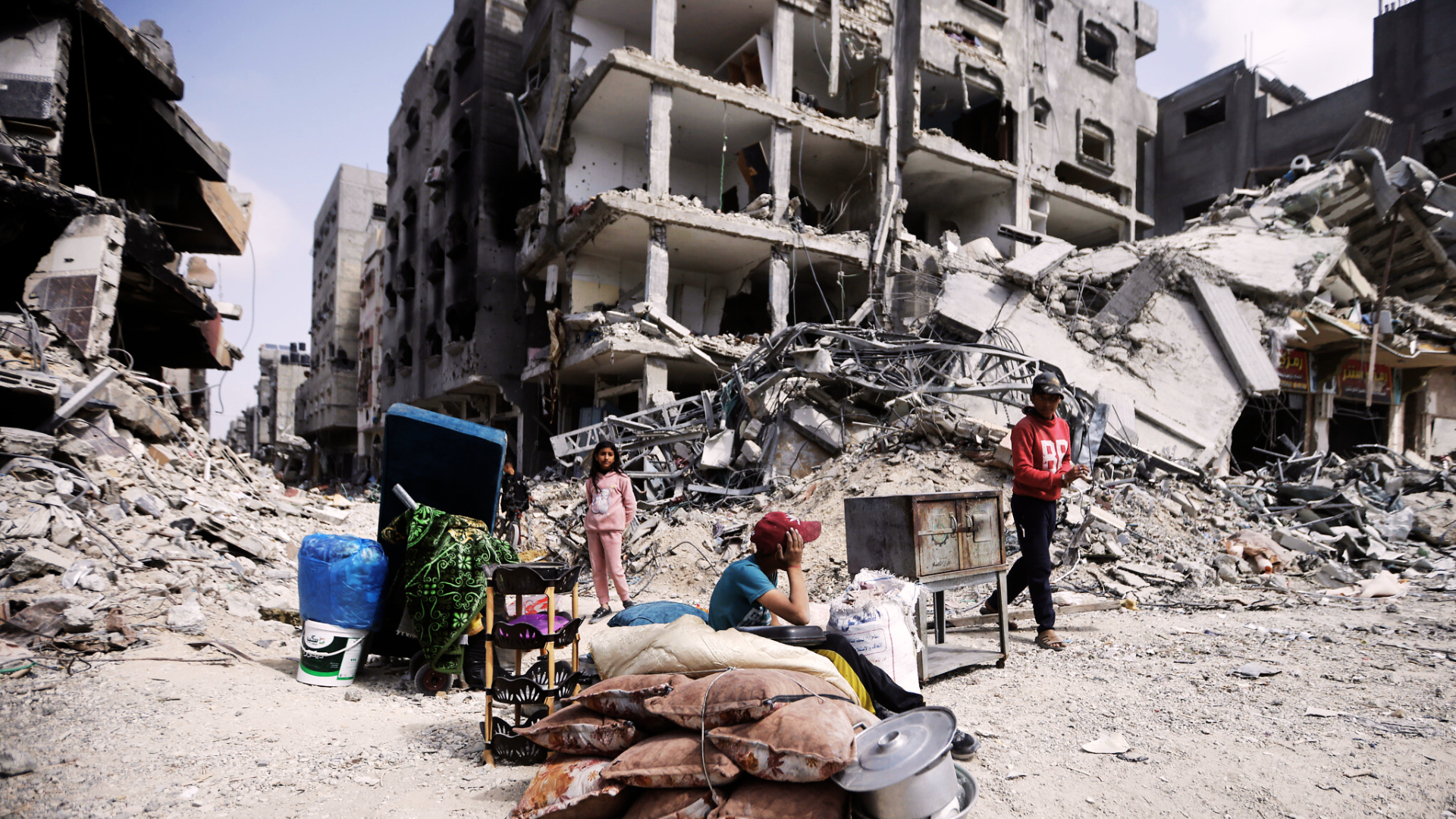On Sunday, a spokesperson for Hamas’ armed wing announced that its fighters had captured Israeli soldiers during a confrontation in Jabalia, northern Gaza, on Saturday. However, the Israeli military swiftly denied these claims.
Abu Ubaida, the spokesperson for the Al Qassam Brigades, stated in a recorded message that their fighters had successfully ambushed a Zionist force in a tunnel. “Our fighters lured a Zionist force into an ambush inside a tunnel … The fighters withdrew after they left all members of the force dead, wounded, and captured,” he said. Ubaida did not provide specific numbers or evidence to support the claim.
The Israeli Defense Forces (IDF) refuted the statement, declaring, “The IDF clarifies that there is no incident in which a soldier was abducted.” Despite Hamas releasing a video showing a bloodied individual being dragged in a tunnel, and images of military gear and a rifle, Reuters could not independently verify the person’s identity or condition.
The announcement from Abu Ubaida coincided with renewed hopes for mediated ceasefire talks in Gaza. An official with inside knowledge revealed that talks are set to resume next week, following a meeting between the head of Israel’s Mossad intelligence agency, the CIA director, and the prime minister of Qatar. The official, who remained anonymous, indicated that “negotiations will open based on new proposals led by the mediators, Egypt and Qatar, with active U.S. involvement.”
Contradicting Israeli media reports, a Hamas official denied that these talks would begin in Cairo on Tuesday, telling Reuters, “There is no date.”
Efforts to broker a ceasefire have been ongoing for over seven months, with mediators facing significant challenges. Israel is demanding the release of hostages held by Hamas, while Hamas seeks an end to the conflict and the release of Palestinian prisoners in Israel.
According to Gaza’s health ministry, nearly 36,000 Palestinians have been killed in Israel’s offensive. The operation began in response to an attack by Hamas-led militants on southern Israeli communities on October 7, which resulted in approximately 1,200 Israeli deaths and the capture of over 250 hostages.
Related Developments
The humanitarian crisis in Gaza continues to worsen, with international agencies raising alarms over severe shortages in medical supplies, fuel, and access to healthcare facilities. The United Nations Office for the Coordination of Humanitarian Affairs (OCHA) and the World Health Organization (WHO) have reported that many hospitals are only partially functional, exacerbating the region’s dire health situation.
In a desperate plea for assistance, Suhaib al-Homs, director of Kuwait Hospital in Rafah, sent a video message urging the WHO to supply necessary fuel to keep the hospital operational. Al-Homs emphasized that Kuwait Hospital is currently the only facility in central Rafah accessible around the clock, highlighting the critical state of Gaza’s healthcare system.
International Court Ruling
On Friday, the International Court of Justice (ICJ) ordered Israel to halt its military operations in Rafah and withdraw from Gaza. This order, resulting from a case brought by South Africa accusing Israel of genocide, underscores the “immense risk” to the Palestinian population. Despite the legally binding nature of the ICJ’s orders, enforcement remains a challenge.
Judge Nawaf Salam, president of the ICJ, described the humanitarian situation in Gaza as “disastrous,” noting that conditions have further deteriorated since the court’s last provisional measures in March. The ICJ’s decision marks the third intervention this year aimed at mitigating the humanitarian crisis in Gaza.
ALSO READ : Report: Drone Strike On Gaza School Kills 10, Including Children

















